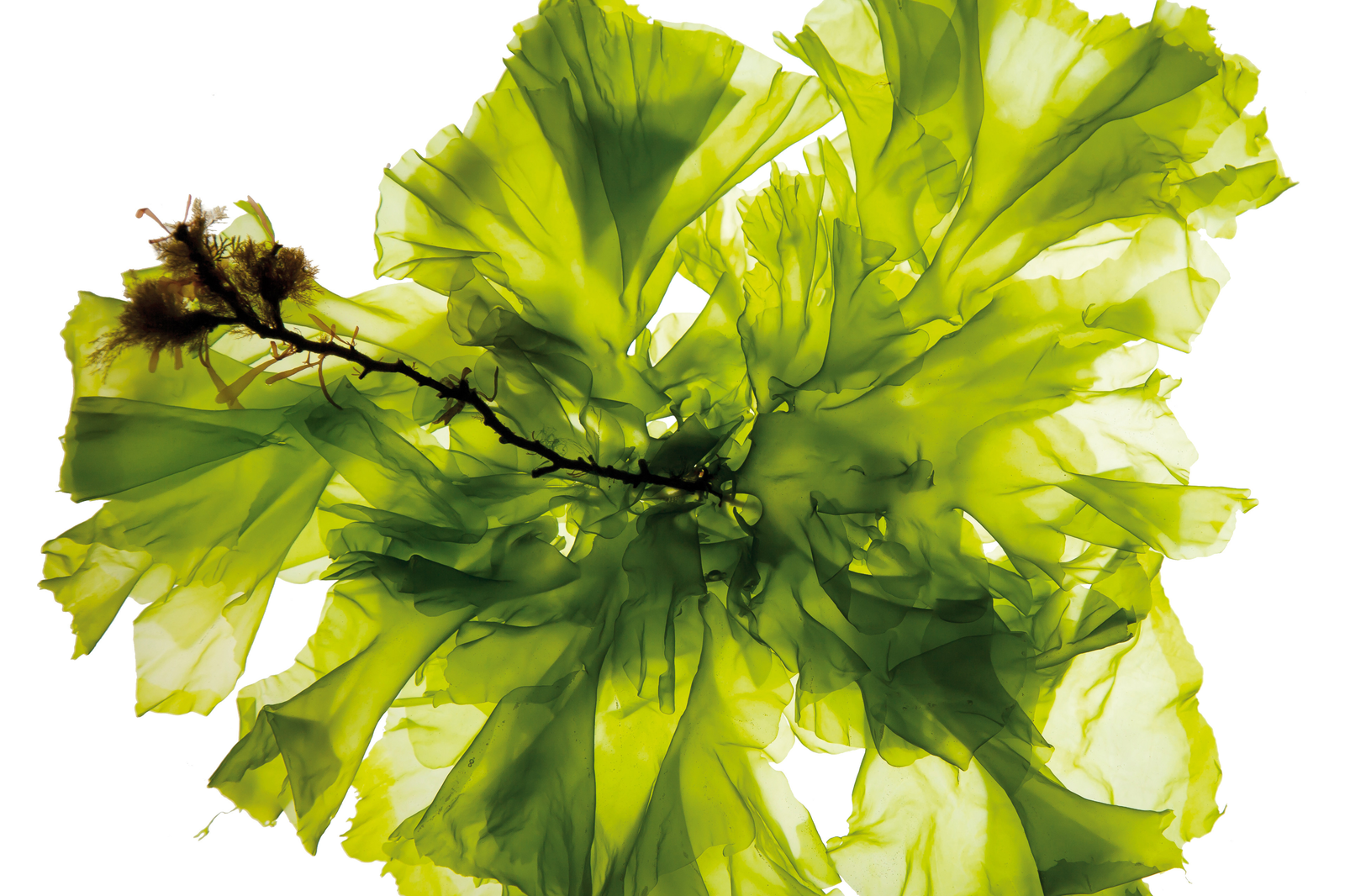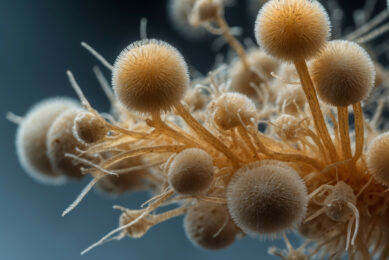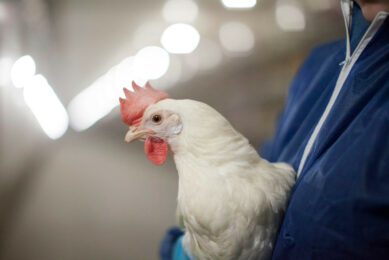MSP raises pigs and poultry antibiotic-free

Concerns on the emergence of antibiotic resistance are calling for innovative technologies that provide alternatives to antibiotics for use in animal health and production, in a One Health approach. Marine sulphated polysaccharides (MSP) from algae is one of such new technologies.
Consequently, Olmix has developed a comprehensive programme, based on its algae extracts technology, aiming at accompanying producers to decrease the use of antibiotics, achieving antibiotic-free production and thus limiting the development of antibiotic resistance.
Antibiotic usage
For the last 2 years, Olmix animal care technical teams have worked on projects in poultry and pig operations with the aim in both cases of reaching a significant and measurable decrease of antibiotic use, even in preventive mode. 2,400 tonnes of chicken and 1,000 tonnes of pig have been produced and raised ‘Antibiotic free, Thanks to Algae’ at the end of October 2016.
The farms were chosen for being regular antibiotic users, but looking to decrease – or even stop their use if possible. In many farms, even if farmers have reduced their overall antibiotic use, preventive antibiotic strategies to avoid any deviance in performance remain common.
Olmix strategy to implement antibiotic free programmes
The implemented poultry and pig programmes are built to support immunity, hygiene, mycotoxin risk management and digestive welfare and efficiency of the animals.
Immunity is one of the main leverages used to avoid the misuse of antibiotics. Immunomodulating Marine Sulphated Polysaccharides (MSP Immunity), a specific fraction of green algae, which has the potential to modulate immune messengers have been demonstrated by INRA (French National Institute for Agricultural Research) and published in March 2016 in the Journal of Applied Phycology.
Hygiene is another essential tool to work on the decrease of antibiotic use. Drying and sanitising the environment of the animals allows to decrease the sanitary pressure, the bacterial activity and therefore the ammonia production.
Digestive efficiency is supported by the increase of the enzymatic activity in the small intestine through the feed, or by activating liver and kidney functions thanks to MSP Antihyperlipidemic distributed in the water or on top dressing. On the side of digestive welfare, another algae extract, the MSP Mucin, promotes the integrity of the mucus layer in the intestinal tract and thus has a positive impact on the digestive welfare of piglets and young chicks.
Mycotoxin risk is considered the major source of immune suppression coming from feed. Improving mycotoxin risk management is thus at the heart of the Olmix antibiotic free program at the feed-mill.
Experience in an 800 sow unit
The programme was implemented in a farrow-to-finish pig operation of 840 sows in France. The farm was subjected to a detailed audit in December 2015, from which an action plan was prepared and agreed with all collaborators.
The action plan aimed at reducing antibiotic use from 100% of the pigs being systematically treated with one or several antibiotics, to a maximum of 10% of the pigs being treated with only one antibiotic. The action plan was implemented step-by-step from February to May 2016. Preliminary results of this case study show that the use of coccidiostat could be stopped, and antibiotic use was reduced by 94%.
Experience in broiler operations
In 1 of the programmes implemented in broiler production, 2 different genetics (JA957 and JA987) were involved, with density varying from 28 to 32 birds/m². The programme was implemented on a total of 22 batches and 625,565 broilers, which performance was compared to 36 control batches and 1,038,532 broilers.
For broilers raised at high density, the ‘Thanks to Algae’ programme, led to a drastic decrease in the therapeutic use of antibiotics (-92%) while maintaining or improving performance. Moreover, the condemnation rate at slaughter was reduced.
Conclusion
Marine sulphated polysaccharides from algae are efficient in supporting antibiotic-free programmes, which also require unique adaptations in every farm for an optimum efficiency. By reducing antibiotic use in animal farming, Olmix contributes to the reduction of antibiotic resistance, which is a significant contribution to One Health and thus to human health. The brand ‘Thanks to Algae’ certifies the use of Olmix algae-based solutions to reach this purpose.











